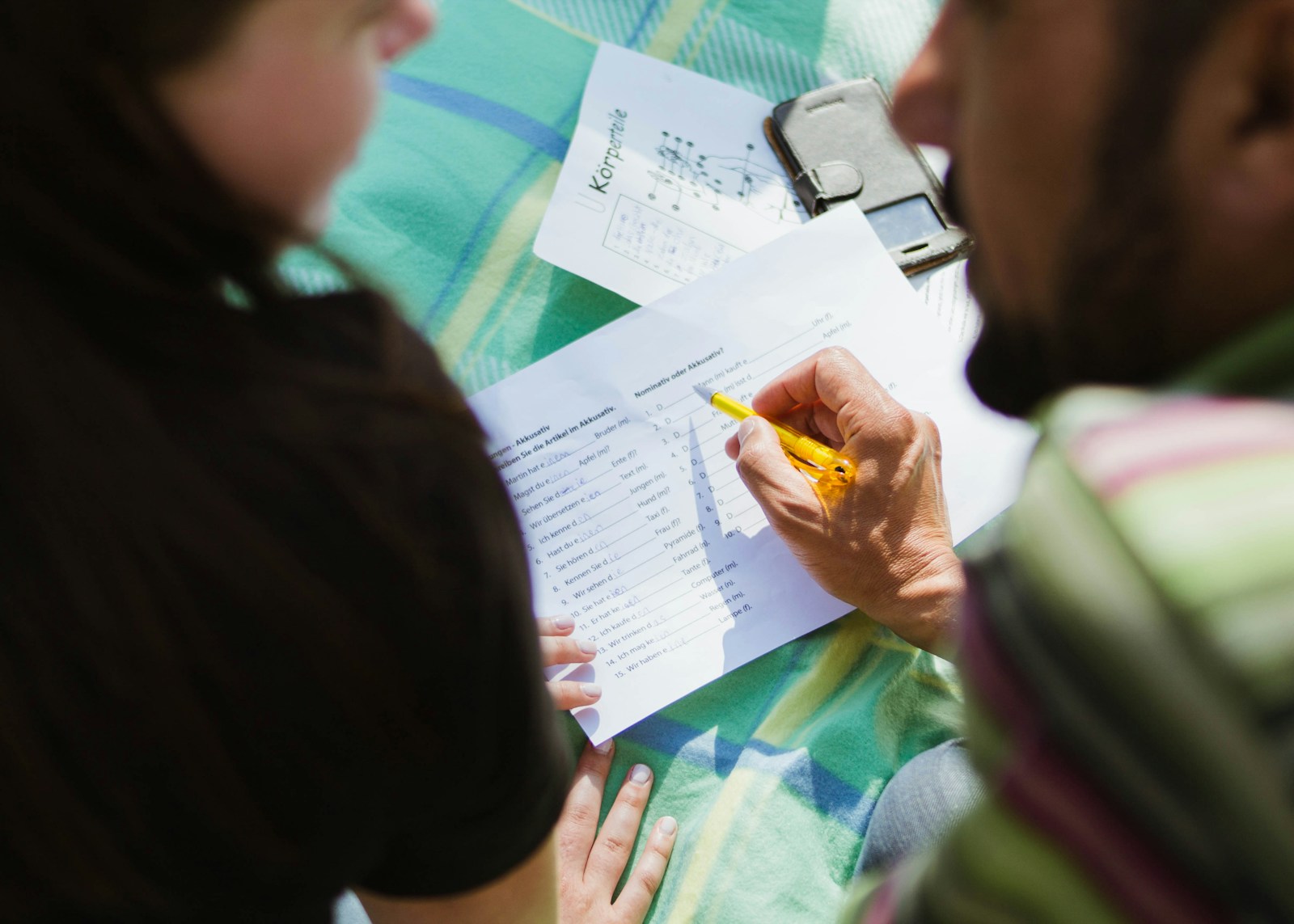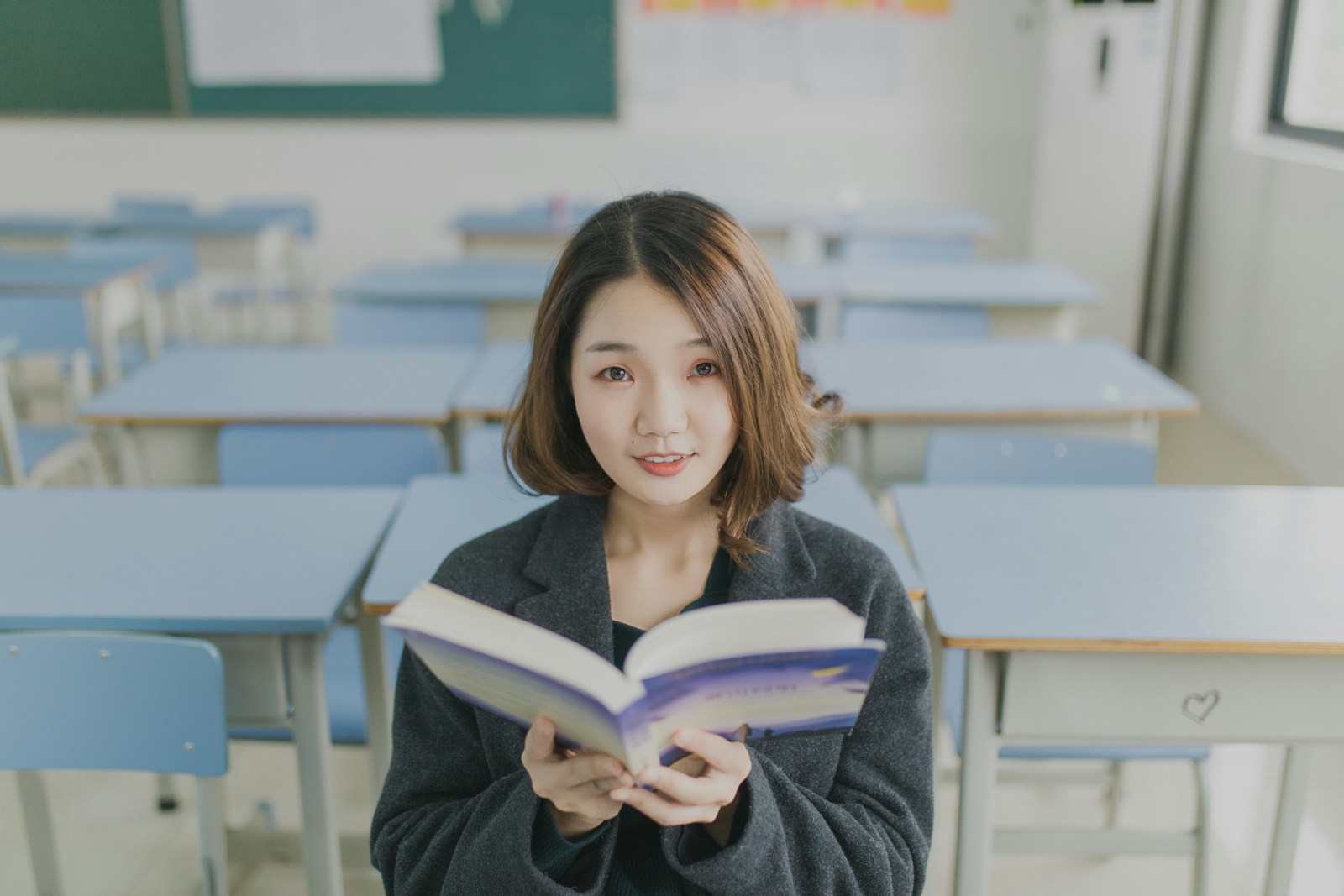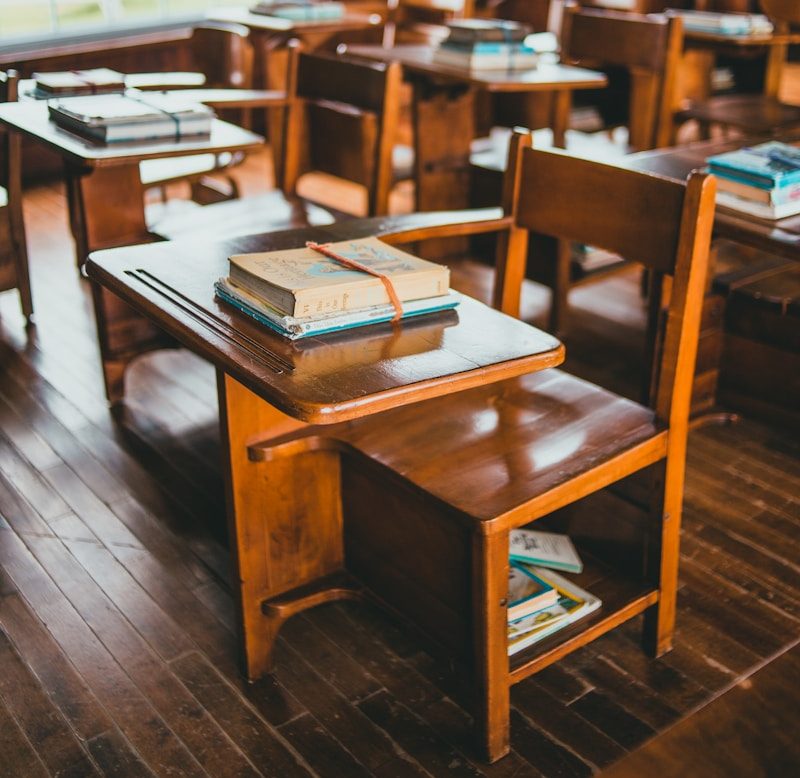Teachers often find themselves navigating the unique needs of gifted students in their classrooms, but this well-intentioned support can sometimes lead to favoritism that affects everyone involved. Gifted students may be given special treatment, such as being assigned leadership roles, extra tasks, or privileges that others do not receive. While these practices often aim to nurture their abilities or set them as examples, they can unintentionally isolate these students or create an imbalance within the classroom.
This favoritism often arises from a lack of training or resources to address the diverse needs of a classroom. Teachers might feel that highlighting the abilities of gifted students will motivate others, but instead, it can foster resentment among classmates. Additionally, rigid practices that repeatedly assign gifted students to certain roles or activities can reinforce labels that limit their growth and separate them from their peers. Misguided attempts to challenge gifted students with extra tasks often fall short of providing meaningful opportunities for development.
The consequences of such approaches are far-reaching. Gifted students may feel pressure to constantly perform at a high level, which can lead to stress and a fear of failure. At the same time, their peers may feel undervalued or excluded, which disrupts the harmony of the classroom. The focus on the gifted may also leave their potential underdeveloped if the tasks they are given do not truly challenge them.
A more thoughtful approach to supporting gifted students can benefit everyone. Instead of isolating them through special roles or tasks, teachers can integrate them into inclusive activities that allow all students to participate and grow. Providing challenges that are meaningful rather than repetitive or superficial helps these students thrive without creating unnecessary divisions. Teachers can also avoid rigid labeling by recognizing and celebrating the diverse talents within their classrooms. Training and support for educators are essential to achieving these goals, equipping them with strategies to create a balanced learning environment where every student feels valued and inspired.
When classrooms focus on collaboration and mutual growth, they become spaces where gifted students can excel without feeling isolated and where their peers can also find opportunities to shine. By addressing the root causes of favoritism and adopting practices that are inclusive and flexible, teachers can ensure that their classrooms are places of shared success and development.



